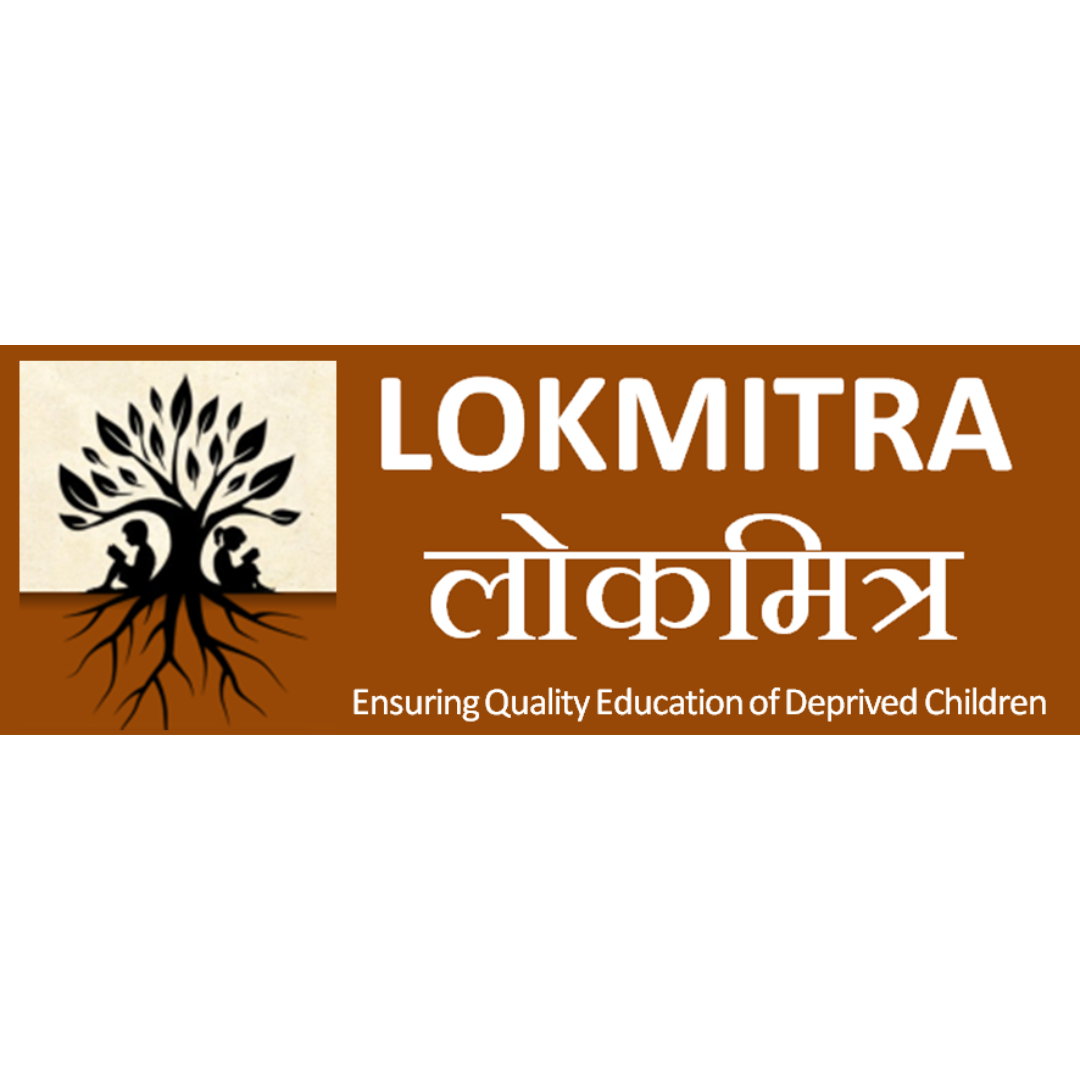Quis autem velum iure reprehe nderit. Lorem ipsum dolor sit nulla or narjusto laoreet onse ctetur adipisci.
Lokmitra
About the organization
Vision: All children grow to their fullest potential through an effective school education system.
Mission: Children from the disadvantaged sections complete elementary education to embark on lifelong, relevant learning and become empowered members of society
Strategy: The overall strategy of Lokmitra is to enable children to learn and develop through the public education system by promoting Public Elementary School Development in the targeted project area and using the learnings from these interventions to support improvement in the Public Elementary Education System of Uttar Pradesh. The key strategy of Lokmitra is to inspire teachers to excel in the light of broader aims of education, especially for enabling children to become good lifelong learners. It is also to provide teachers with a safe space and stimulation for dialogue and reflection by focusing on core aspects of pedagogy. We also seek to help teachers make sense of all the training and learning materials they get from the department rather than being overwhelmed and lost.
We believe that by inculcating the culture of participatory learning teachers will grow as reflective practitioners and move on the path of continuous professional development. We intend to provide hands-on assistance in planning and implementing multilevel teaching. We will work with teachers to explore theme-based and project-based experiential learning.
The strategy with parents is to mobilize them, especially as SMC members, to participate in school education and its governance with a growing understanding of the aims of education. We also aspire to orient parents to how children learn and reflect both in the school and within the home environment.
Another strategy is based on the understanding that school and classroom reform is part of both social reform and a cultural revolution. To promote the idea of a learning community where teachers, parents, and children listen to each other to respond to children’s learning and development. So, children’s agency needs to be promoted through their group activity. We need to create a safe space to listen to children. Furthermore, children are organized in a collaborative learning system in groups of 6 to 8 children, to enable learning from one another. Child Forum meetings with teachers and SMC can provide children with a safe space for articulating their needs. Similarly, PTM can provide the opportunity. Parents being able to observe school and classroom will help them in personal development as well as in school improvement.
Location of work
Lokmitra is working in Raebareli in Sataon Block, In Banda in Tindwari Block and two cities of Saharanpur & Haridwar. The Wipro-supported project is located in Raebareli in Sataon Block. We are doing this as this enables us to work in a location that is close to the head office of Lokmitra (all other projects are in distance). This enables us to work more closely with the engagement of senior staff. It has been the strategy of Lokmitra to work in a few different locations of the state so as to get diverse experiences. We are working with children, teachers, and parents for whole school development. Through Learning centers in villages, we aspire to fill foundation literacy and numeracy gaps quickly and give girl children additional opportunities to learn and thus counterbalance any deprivations that they may be facing.
Learning
- It is useful to prepare questions to reflect on work done and use the learning for the work plan.
- Learning with children to enhance content knowledge as per the school syllabus.
- Exposure visit of LRC teachers to another project area with a better functioning Learning Center was useful in enhancing their skill set.
- We have learned to provide a safe and joyful learning space for dialogue that starts with what teachers need or ideas.
- Whiteboard is used for reflection as well as for making maps of understanding. Inputs are supplemented with the use of digital content shown through digital display. Periodic meetings with teachers at the head office need to be supplemented with sharing of key learning as digital content.
- For wider outreach to other teachers, the same digital content can be used through social media platforms like WhatsApp.
- Stories can serve to highlight some aspects of the aims of education for parents.
- Our learning has further reinforced that it is important to use a child’s context (experience) in teaching-learning.
- We need to develop dialogue capacity to prepare a text that is drawn from children’s experiences, one that is not driven by adults’ perspectives.
Challenges
- It becomes a challenge when the team becomes dependent on senior management for reflection, motivation, and capacity for action.
- Limited content knowledge in math, science, and English.
- Limited ability to learn online, by oneself, or with some guidance.
- Lack of teamwork among schoolteachers.
- Official directions that hamper teachers’ meeting at school.
- Half of the parents are in favor of child punishment. They assess teachers’ work from the written work in the copy of the child.
Plan for future
We hope to develop an organizational development plan. We hope to make our teams self-driven, open, reflective, and seeking help whenever needed. Improvement in communication skills that is based on NVC (Nonviolent Communication). We will also engage the team in collecting stories from the field for sharing with teachers, and with parents for their learning.
In the coming future, we will invest 4 days per month in capacity building. We will try to make better use of online resources and self-learning material. We will try to acquire skills for collective reflection and learning; planning and facilitating experiential learning sessions; and reflective writing of activity reports and teaching work. We also hope to acquaint ourselves with analytical thinking tools like root cause analysis, problem tree mind mapping, concept mapping, etc. Use of story to share work, both narrative and photo-video.

